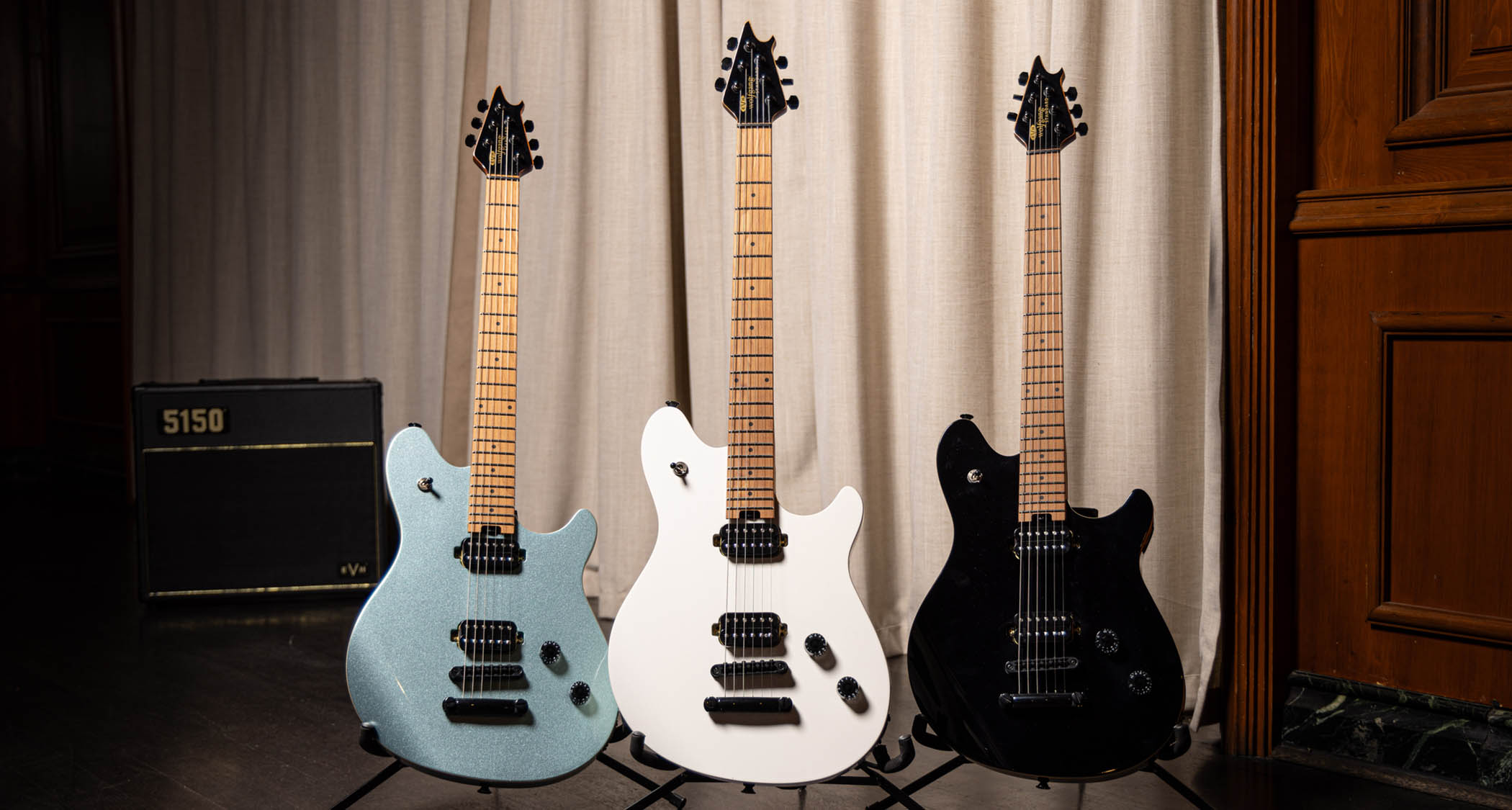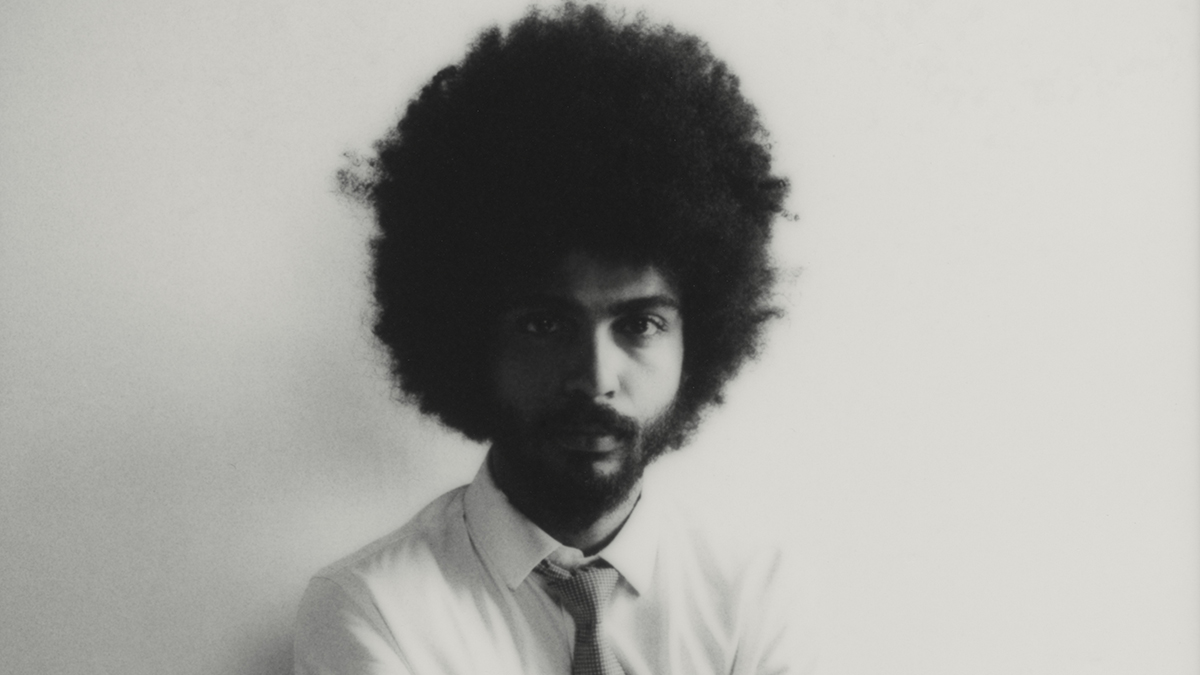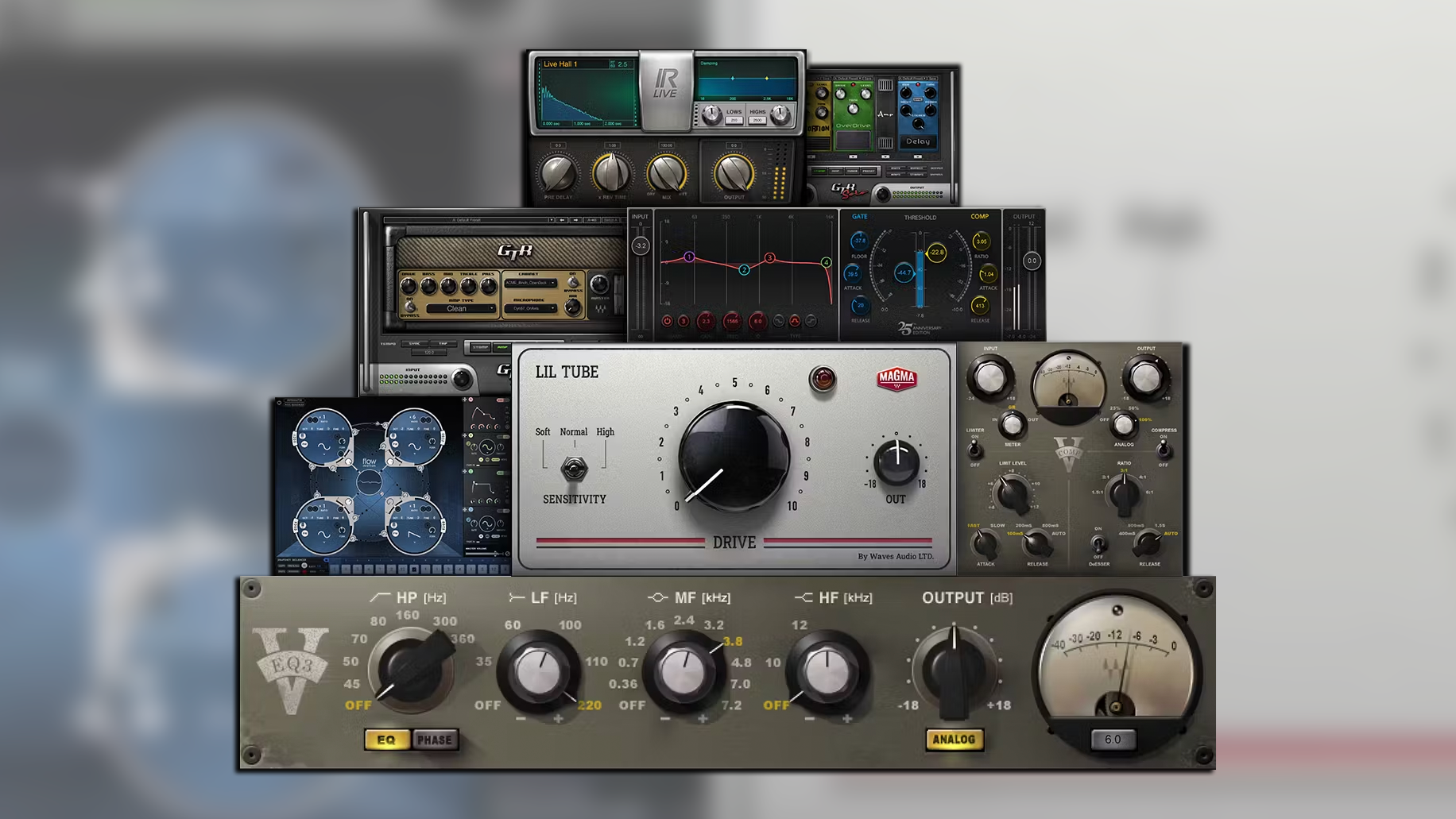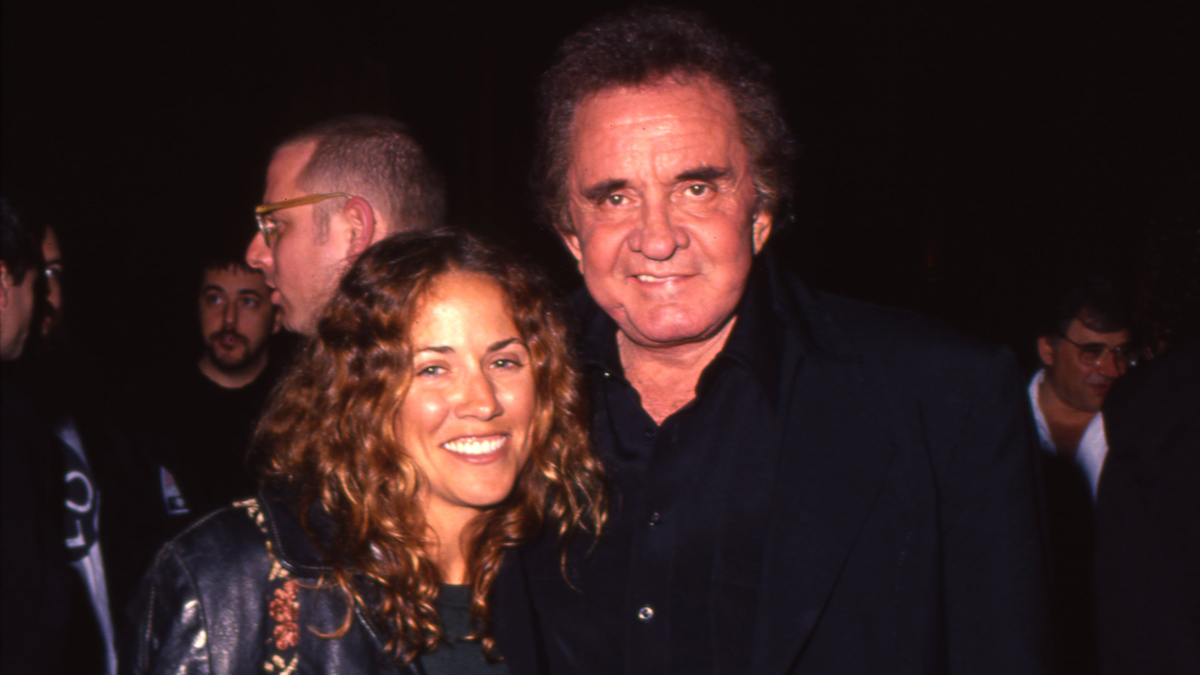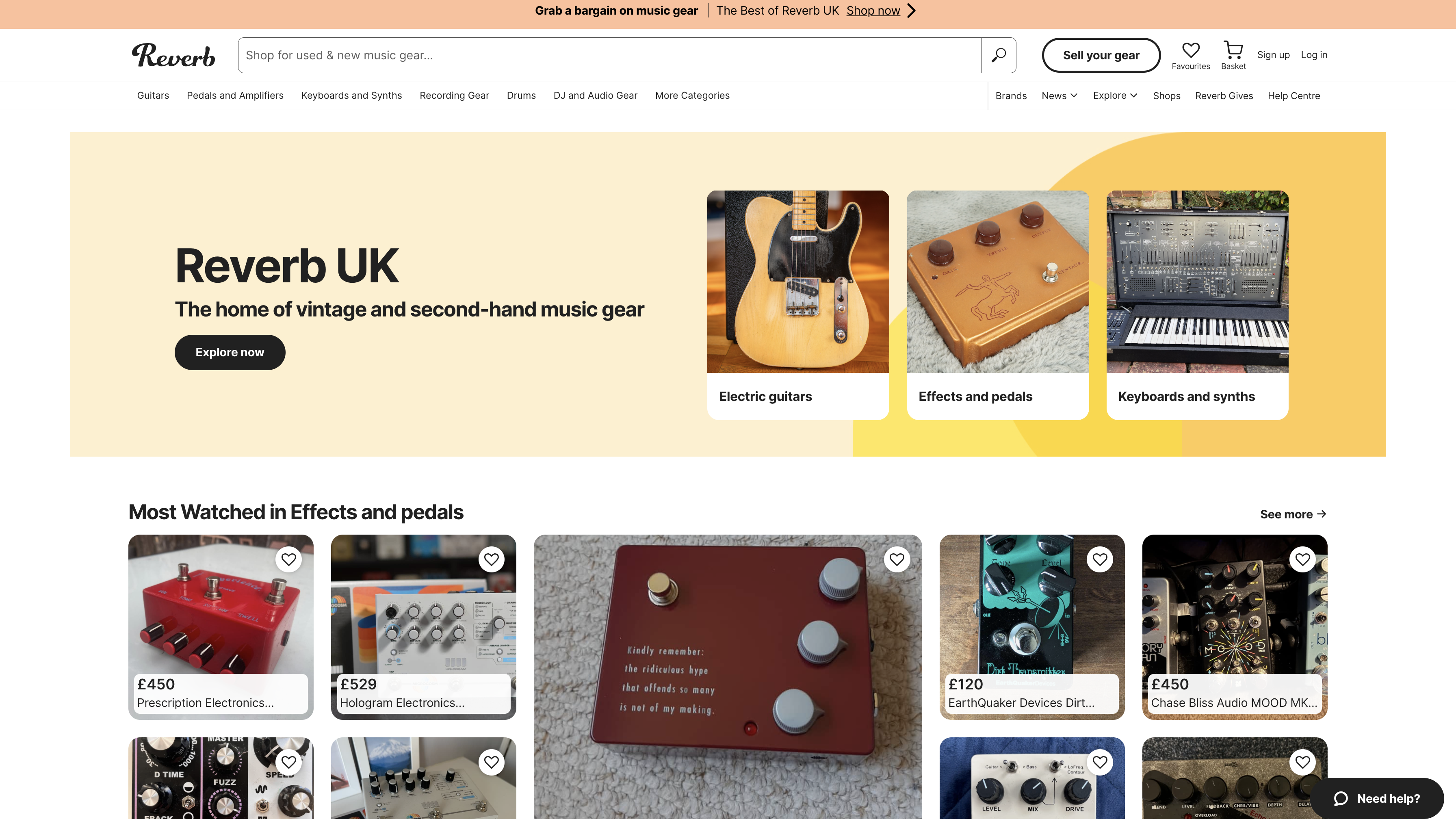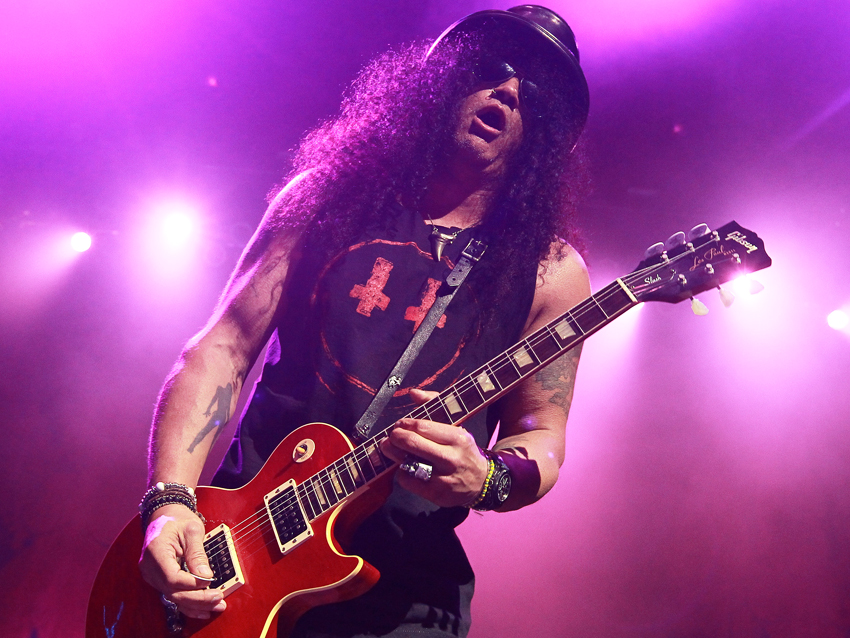
Slash: the 10 records that changed my life
“Music can tell you a lot about people," says Slash. "I remember how one of the ways that you got to know somebody when you met them was by looking through their record collections. I hate to say that you would judge people by their music, but it was a good, quick way to get a sense of someone. If they had a record by AC/DC or Zeppelin or Aerosmith or the Stones, you’d be like, ‘OK, I think I know who I'm dealing with.’"
The venerable guitarist has made his fair share of classic rock 'n' roll albums over the past 27 years (his latest epic, World On Fire, by Slash featuring Myles Kennedy And The Conspirators, has just been released), but it was in 1987, with Guns N' Roses' ferocious debut disc, Appetite For Destruction, that his memorable, blues-tinged hard rock riffs and panoramic solos turned the world on its axis.
“That’s a really significant thing about the Appetite album that really appeals to me," Slash says. "To understand that it really had a special meaning in a lot of people’s lives, and still does, is pretty special. Like what I was saying about people's record collections: To have created an album that so many people have as one of their essential records, and to know that it’s a common bond for so many, that it’s helped people communicate with each other or relate to one another, that’s like a fantasy come true."
On the following pages, Slash runs down his 10 "life-changing" records (ranked in no particular order), and he notes that several debut albums figure into his choices. “There's something special about bands’ first albums – a certain naïveté," he observes. "I think that holds true for the first Guns N’ Roses record, as well. It’s something that exists that one time, and you can never recapture it. That magic of being in the studio and recording your material, all the stuff that you played in clubs – there’s a unique kind of freshness to it, and you can hear it on debut records. No matter how hard you try, you can only achieve it that first time.”
The dynamic new album World On Fire by Slash featuring Myles Kennedy And The Conspirators is available at iTunes and Amazon.
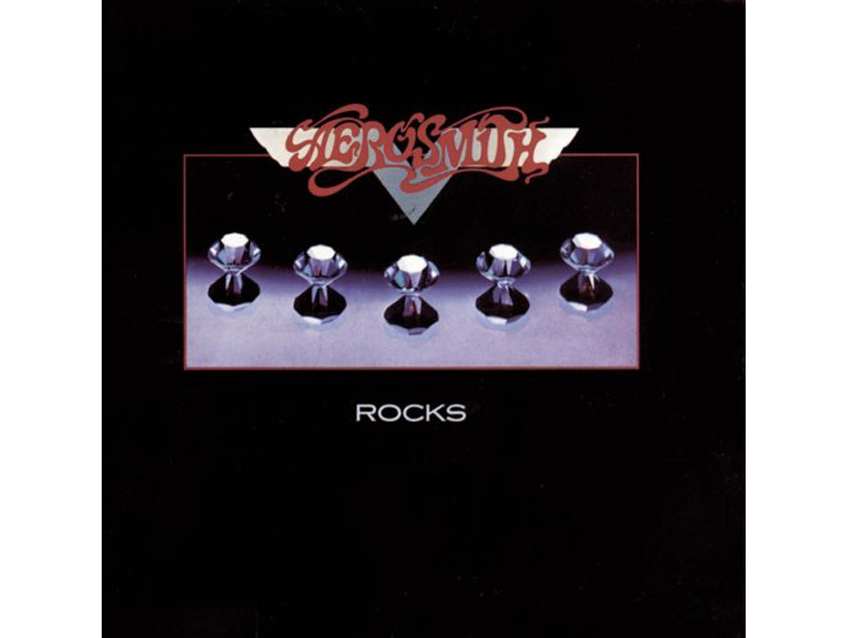
Aerosmith - Rocks (1976)
“This is the album that had the most impact on me as a teenager. It set the trajectory for where I was going to go as a musician. Aerosmith’s style, their groove and their whole sonic attack really appealed to who I was when I was growing up.
“I was maybe 13 at the time, and I was already a music fan. I listened to a lot of stuff, and I definitely knew what I liked. When I heard this record, it had an immediate effect on me. It’s just the seminal record as far as I’m concerned.”
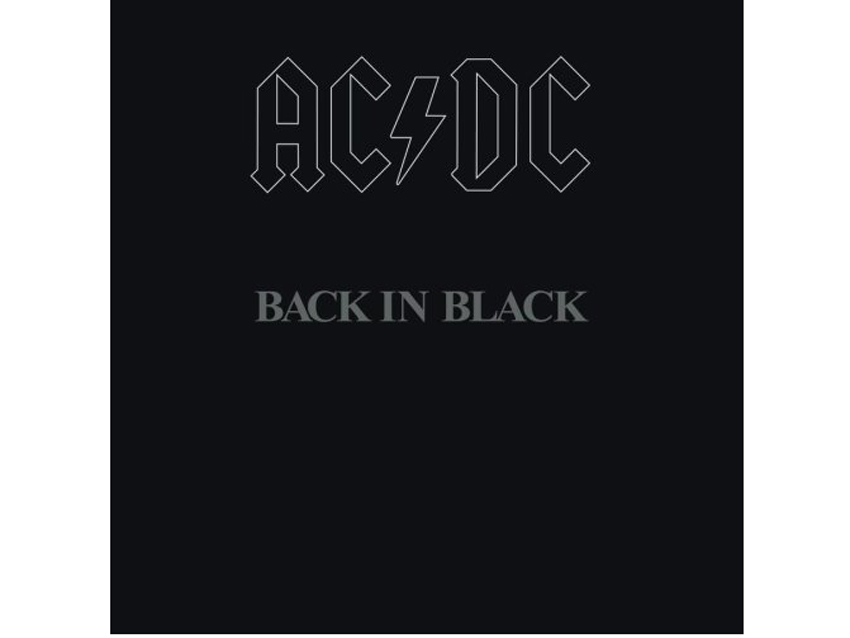
AC/DC - Back In Black (1980)
“Sometimes it’s all about the right record at the right time. I was an AC/DC fan, and Powerage and Highway To Hell were big records for me. But the one that had the most impact on me, because of the sheer timing of it, was Back In Black.
“It came out during that really crucial time in my life when I was maybe 15 years old. At that age, when something hits you, the feeling is magnified and intensified. At that point, I was going to concerts on a regular basis and I was just so into music, and then along came Back In Black, which just blew me away. A great, great album.”
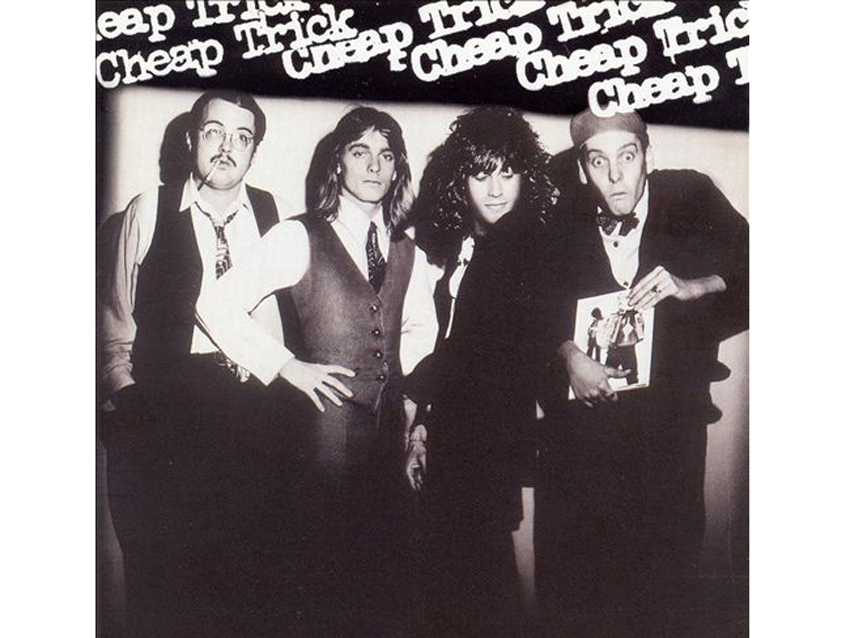
Cheap Trick - Cheap Trick (1977)
“I had all the Cheap Trick records up until Dream Police. They’re all great, but the first one is the big one for me. It’s one of the best ‘raw’ rock ‘n’ roll albums ever.
“It’s practically obscure, too – people don’t seem to talk about it that much. But the band did a tour recently where they played the album in its entirety. These things pop up sometimes; I just never know about them because I’m somewhere else.” [Laughs]
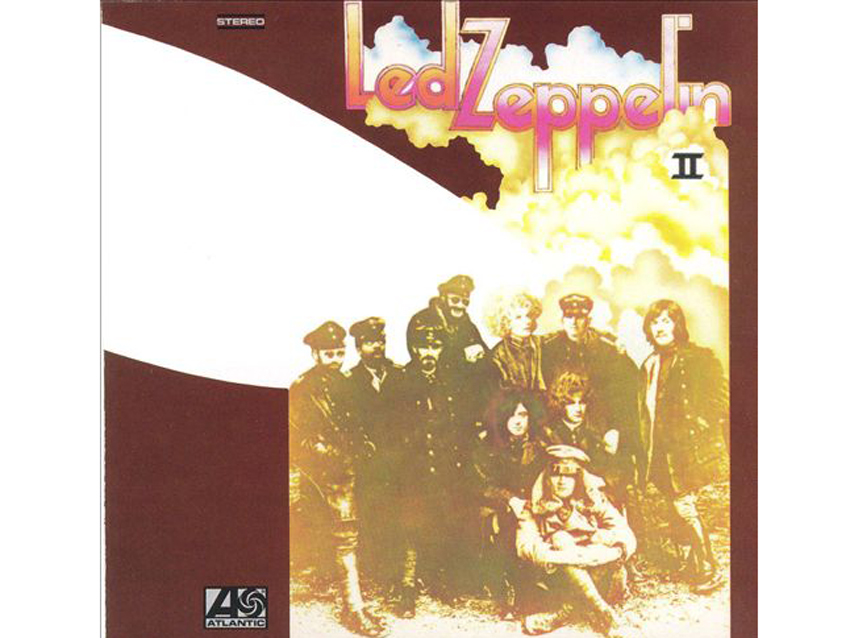
Led Zeppelin - Led Zeppelin II (1969)
“My parents were in the music business, and they were big rock ‘n’ roll fans – big music fans in general – and so I was exposed to a lot of great music at a very early age. We had Led Zeppelin II, and I can even remember the physical vinyl, the brown cover and the Hindenburg on the front, and of course, there was the Atlantic Records sticker on the disc.
“I loved this album so much. Hearing Whole Lotta Love is what started it for me. It was kind of like Aerosmith's Rocks – it was so sleazy. Even at that tender age of six or seven, I related to it. It had a great groove and guitar sound, which was probably the precursor to my getting a Les Paul later in life. Zeppelin II was the perfect theme music for what was to become hedonistic ‘70s.”
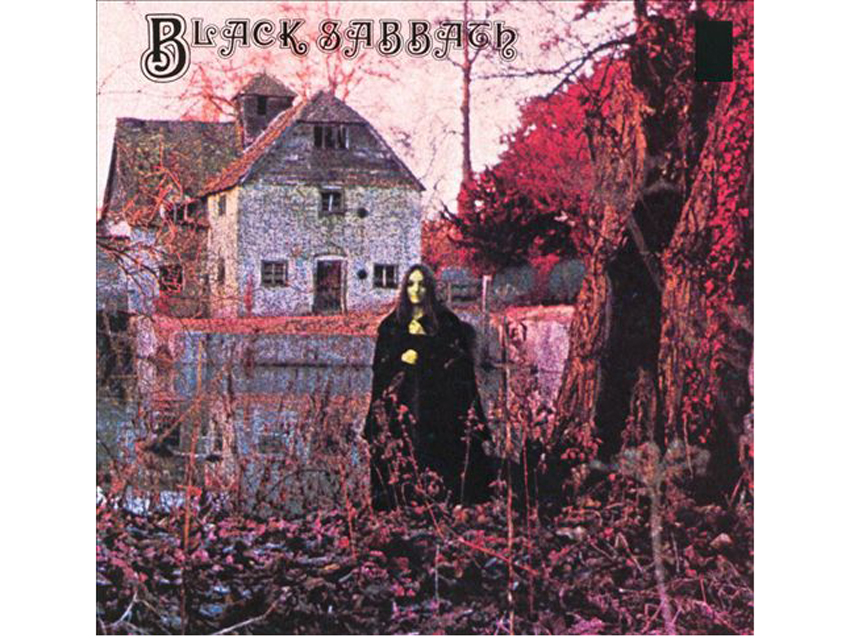
Black Sabbath - Black Sabbath (1970)
“This was another very eventful record for me, Sabbath’s debut album. In my opinion, there is no more ominous rock ‘n’ roll record than this one. I don’t care what band you come up with – Black Sabbath’s first album tops them all.
“On every level, it’s the sound of pure evil.”
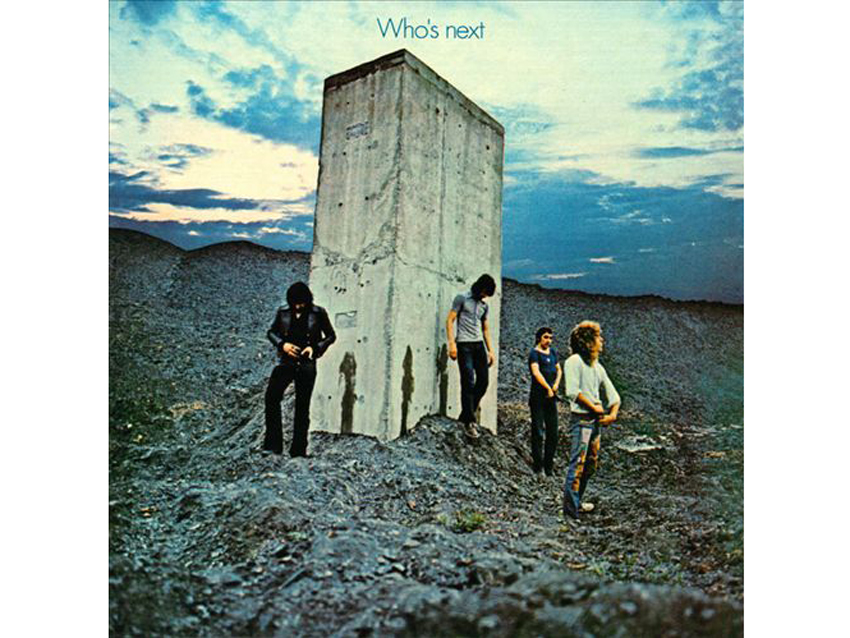
The Who - Who's Next (1971)
“This band made a huge impression on me when I was still living in England. My Dad’s British, and I’ve got two uncles who are big music fans. Between the three of them, I was exposed to all the great British rock ‘n’ roll of the time. I was born in 1965, so from ’67 till about 1970 I heard everything those guys were listening to.
“The Who were my favorite band, and I’m tempted to go with Tommy here, but when I think about it, I have to choose Who’s Next because of how it affected me later on in life as a guitar player.
“It’s brilliant all the way through. Hands down it’s one of the best rock ‘n’ roll records of all time.”
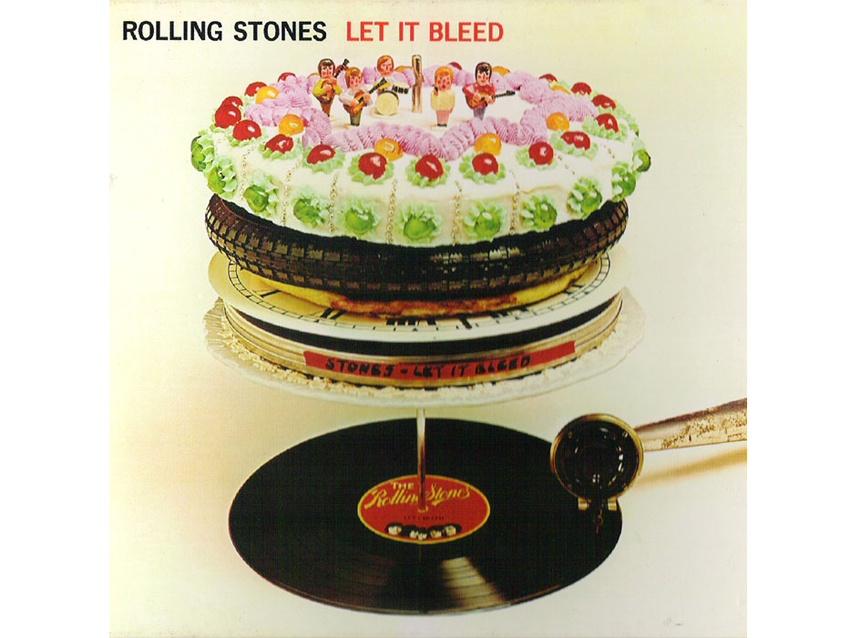
The Rolling Stones - Let It Bleed (1969)
“This is a tough one, because the Stones were definitely the background music to my existence for a long time – and still are. My parents were really into the Stones, too.
“There was a particular period when the band put out three records that would have a huge influence on me: Beggar’s Banquet, Let It Bleed and Sticky Fingers. Those three were my favorites as a kid. Out of that trio of records, I have to go with Let It Bleed, just because of the songs. Again, this is a tough choice – all of those records are great. That was a really amazing period for the Stones.”
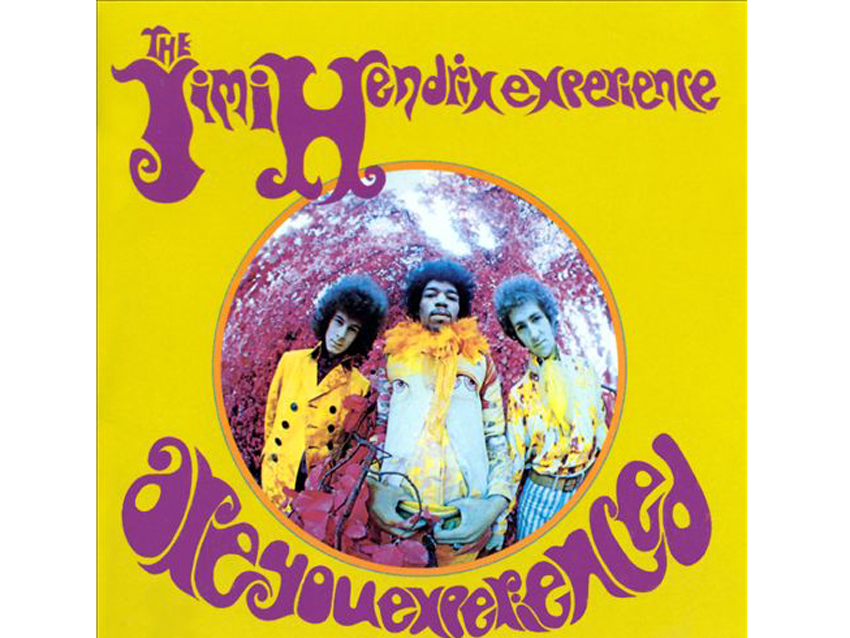
The Jimi Hendrix Experience - Are You Experienced (1967)
“Talk about impactful. To this day, I’m in awe when I listen to this record. It’s just flat-out brilliant, and Jimi’s guitar playing is out of this world.
“I love how it’s such a raw, inspired jam record; it has a nice organic flow to it. You can tell that the band members are enjoying themselves and they’re just happy to be in the moment, with no idea of the horrors of the music business they’ll soon be exposed to.
“That pure passion and bright-eyed enthusiasm for being in a recording studio really make this a magical album for me. I know the feeling they must have been experiencing. It’s something you only get once, if you’re lucky.”
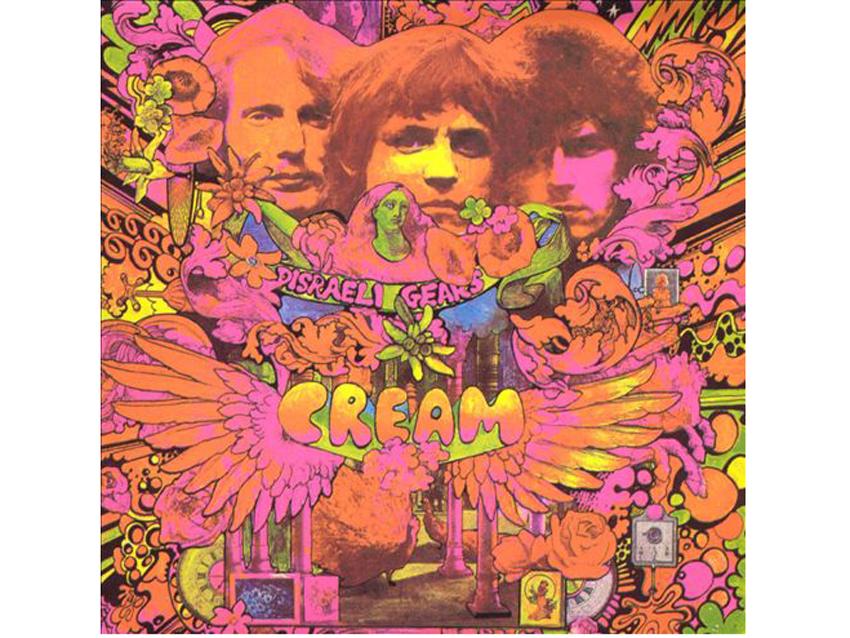
Cream - Disraeli Gears (1967)
“This is the record I was listening to when I chose to play guitar. I thought that I was going to play bass, because Steve Adler, who was my best friend at the time, already had a guitar. He used to crank it up through this little piece of shit amp that he had, and he would turn KISS Alive II all the way up and just bang on this guitar, even though he didn’t know how to play it.
“It was very exciting. We were gonna start a band, and I was gonna play bass, not knowing the first thing about what a bass was or how it worked in the context of a rock band. So I went to a local music school around the corner and sat down with a guitar teacher, and he said, ‘Do you have an instrument?’ I said no, and then we had a conversation. He was trying to figure out who he was dealing with and what it was that I wanted to learn.
“While he was talking to me, he was playing Sunshine Of Your Love, including the solo bit. When I heard that, I was like, “That’s what I wanna do!’ So that’s how I started playing guitar.”
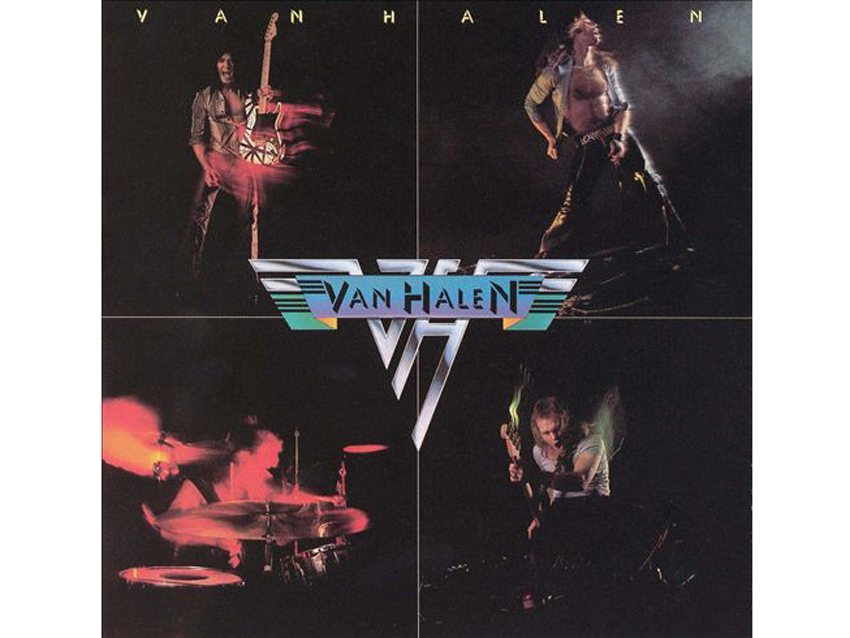
Van Halen - Van Halen (1978)
“It’s 1978. At that point, I was 13 and hadn’t even picked up the guitar yet. Steven and I were hanging out and he said, ‘Check this out.’ He played me the first Van Halen record, and it really hit me.
“You have to remember, at the time it came out, it was so other-worldly, with so much power and attitude and energy. Obviously, the guitar playing was astonishing. I don’t even know how to describe the impact it had on me as a 13 year old. It was just jaw dropping, not from a technical standpoint, though, but from the sonic point of view – the sheer attack of the sound. It was a very big moment.”
Joe is a freelance journalist who has, over the past few decades, interviewed hundreds of guitarists for Guitar World, Guitar Player, MusicRadar and Classic Rock. He is also a former editor of Guitar World, contributing writer for Guitar Aficionado and VP of A&R for Island Records. He’s an enthusiastic guitarist, but he’s nowhere near the likes of the people he interviews. Surprisingly, his skills are more suited to the drums. If you need a drummer for your Beatles tribute band, look him up.
"At first the tension was unbelievable. Johnny was really cold, Dee Dee was OK but Joey was a sweetheart": The story of the Ramones' recording of Baby I Love You
"Reggae is more freeform than the blues. But more important, reggae is for everyone": Bob Marley and the Wailers' Catch a Fire, track-by-track
"At first the tension was unbelievable. Johnny was really cold, Dee Dee was OK but Joey was a sweetheart": The story of the Ramones' recording of Baby I Love You
"Reggae is more freeform than the blues. But more important, reggae is for everyone": Bob Marley and the Wailers' Catch a Fire, track-by-track

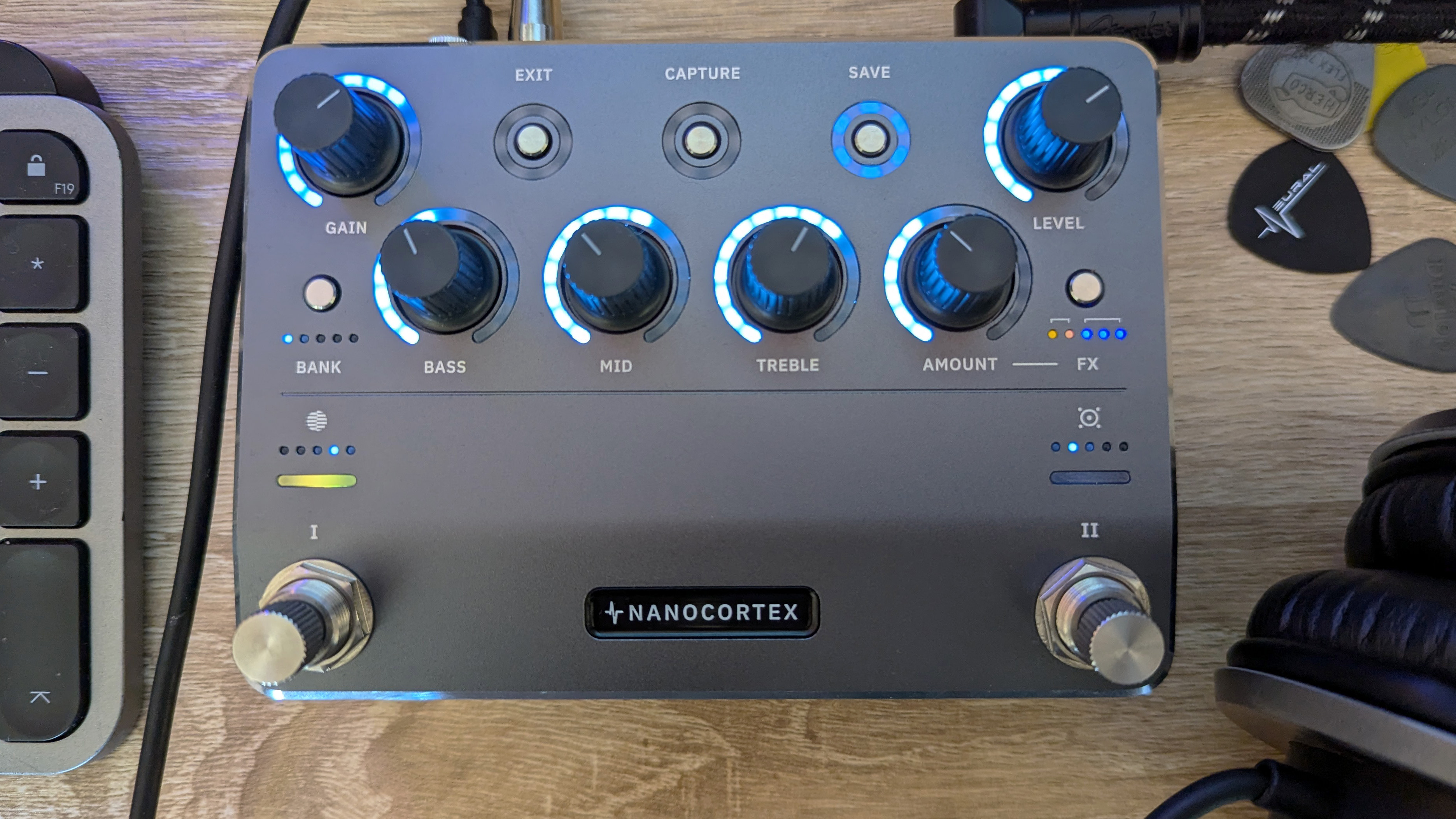
![Gretsch Limited Edition Paisley Penguin [left] and Honey Dipper Resonator: the Penguin dresses the famous singlecut in gold sparkle with a Paisley Pattern graphic, while the 99 per cent aluminium Honey Dipper makes a welcome return to the lineup.](https://cdn.mos.cms.futurecdn.net/BgZycMYFMAgTErT4DdsgbG.jpg)
